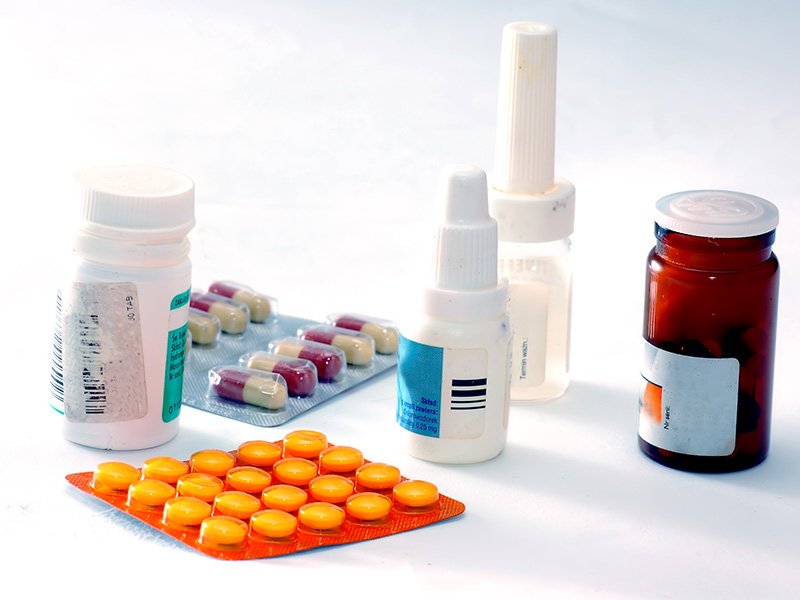What is Maintenance immunosuppressive therapy in transplantation?
Nearly all kidney transplant recipients receive immunosuppressive therapy to help prevent acute rejection and the loss of the renal allograft. Chronic immunosuppression levels are gradually reduced over time to help lower the overall risk of infection and malignancy. These risks directly correlate with the degree of general immunosuppression. Although an adequate level of immunosuppression is necessary to dampen the immune response to the allograft, this level must be maintained. There is no accepted standard for the best immunosuppressive therapy in transplantation.
What are immunosuppressants?
Immunosuppressants are substances or medications that reduce a transplanted organ’s susceptibility to rejection by the host. Antirejection medicines are another name for these medications. Two categories of immunosuppressants based on Immunosuppressive Therapy are:
- Induction drugs: powerful antirejection medication used during transplant induction
- Drugs for maintenance: prescription drugs are used long-term to prevent rejection.
Maintenance Immunosuppressive Therapy medications typically fall into one of four categories:
- Tacrolimus and cyclosporine are two examples of calcineurin inhibitors.
- Mycophenolate Mofetil, Mycophenolate Sodium, and Azathioprine are antiproliferative medications.
What are immunosuppressants in Immunosuppressive therapy used for?
Your body recognizes the new kidney as foreign when you receive a kidney transplant (that is, not originally part of your body). Your body will try to harm or destroy the replacement kidney by attacking it. Immunosuppressive medications hinder your body’s capacity to accomplish this. These medications are being altered to minimize potential adverse effects and prevent rejection.
Do immunosuppressants for Immunosuppressive Therapy have to be taken by everyone who receives a new kidney?
Almost all transplant recipients are required to take these medications as prescribed each day. However, you might not need to if your donor’s kidney was an identical twin. Only if instructed to do so by your physician or another healthcare team member should you miss a dosage. A rejection may more likely occur even if you miss one dosage. Call your doctor if you’re unsure. Additionally, waiting to take your immunosuppressant medications at a clinic appointment would be best until your blood is taken for lab testing.
You could need to take a lot of medicines each day. Therefore, it’s simple to forget to take a dose. Three strategies can help you remember to take your medication when you’re under Immunosuppressive Therapy:
- Recognize the name and function of every medication you take: You will be less likely to forget a drug if you have a solid comprehension of them.
- Utilize an organizer or pill box: This enables you to plan an entire week’s worth of medication. All you must do is take the pills on the appropriate day and time for each after the week has been planned.
- Make an effort: Try to take your medication each day at the same time.
The immunosuppression is typically reduced about 6 to 12 months following the transplant, and the risk of adverse effects should be minimal. Immunosuppressive medication adjustments should only be made after consulting your transplant facility. Speak with your transplant team about changing the dose or switching to a different medication if you are still experiencing side effects.
Nephrologist Dr. Ravi Bhadania has years of experience treating kidney patients with the best care possible and providing high-quality Immunosuppressive Therapy in Ahmedabad. Alfa Kidney Care Hospital is one of the genuine wellness centers in Ahmedabad. Numerous kidney sufferers in India and other countries have benefitted from their genuine Immunosuppressive Therapy and Kidney Failure Treatment.
